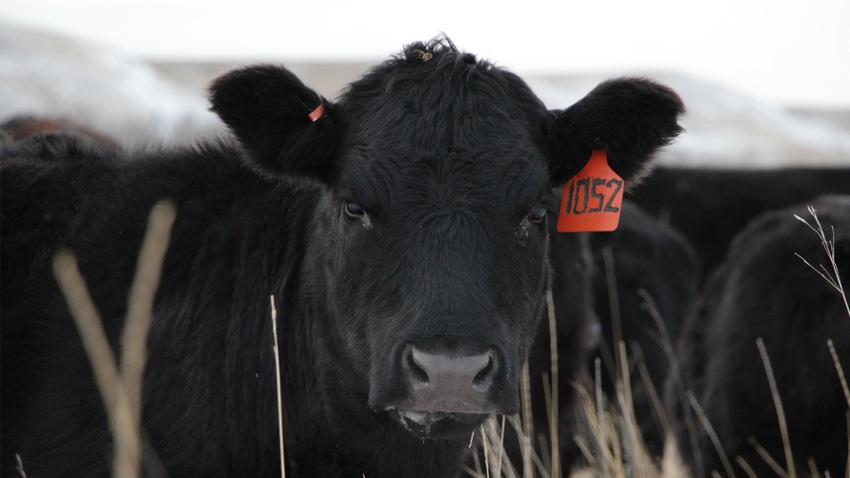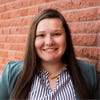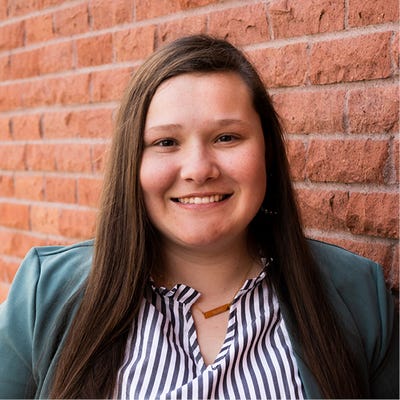
“It is an exciting time to be at SDSU, and there is a good outlook for the future,” says John Jaeger, new head of animal science at South Dakota State University. “I look forward to trying new things and expanding some of our existing programs.”
Working from the West Coast to the northern Great Plains, Jaeger brings a vast amount of experience to his position. As department head, Jaeger says he hopes to be a facilitator for students and faculty alike, harnessing the immense potential that SDSU has and making a difference for producers big and small.
Dakota Farmer sat down with Jaeger and asked him about how he ended up at SDSU, what kind of production systems he has seen in these leadership positions and overall goals for the department at SDSU:
What did your path look like to end up at SDSU? I grew up in north-central Oregon and attended Oregon State University for both my bachelor’s and my master’s degrees. My undergraduate degree was in animal science, and my M.S. was in reproductive physiology. After completing my master’s program, I went to work for Kansas State University on a branch research station in western Kansas as their cow-calf herdsman and assistant scientist.
After I had held that position, I returned to Oregon to work for Oregon State University on a branch research station in northeast Oregon as the ranch manager and assistant scientist there. After a few years there, I went back to campus at Oregon State and pursued a Ph.D.
At the end of my Ph.D. program, I was lucky to have my supervisor at Hays call, tell me he was going to retire, and I should apply. That is how I became a beef cattle scientist, and it gave me opportunities to gain experience and become better in ruminant nutrition because my Ph.D. was also in reproductive physiology. I had been in that role 17 years when I had the opportunity to come to SDSU.
How have you seen different production management strategies in your roles from Oregon to Kansas, and now in South Dakota? The West Coast has changed dramatically from when I grew up there. It has become much more urbanized, especially on the west side of the state [of Oregon]. There has been a loss of appreciation for the expansive production systems on the east side of the state and a loss of support for those agricultural people. Like eastern Oregon, western Kansas and western South Dakota, we are seeing a decline in the number of farm families that live in the rural parts of those states.
It becomes even more important to have a support system, like Extension outreach, to help those remaining families stay successful. The only way they are surviving is to become bigger, and it means taking on more ground, more capital and risk. And often, they are looking for other ways to support their operation by working in town or having a second job.
It is important that we have outreach for them to help them stay successful, but also providing adequate training for undergraduates that come to SDSU. We need to provide them with skill sets to be successful on their operation, but can also take on secondary jobs as needed to help support the family farm or ranch.
What do you hope to accomplish at SDSU? It is important to me that I am a facilitator for young faculty and help them be successful. If they are happy and successful, their efforts in teaching and doing research will be beneficial to the people of South Dakota.
The other part that I am really excited about is expanding the opportunity for undergraduates to participate in research. As for me as an undergraduate, I came from a small high school, very rural, and was a little overwhelmed by college and the size of some of the freshman courses. I really did not understand what graduate school entailed.
What I have come to really appreciate is that if we can offer undergraduate students the opportunity to participate in research projects, it allows them to really apply what they are learning in the classroom. It also gives them experiential learning opportunities. But most importantly, it provides them with one-on-one mentoring opportunities with the faculty. That really helps them grow.
Providing these opportunities often opens doors to new career paths or creates awareness of new possibilities and passions that they can pursue during the remainder of their undergraduate education.
Read more about:
ExtensionAbout the Author(s)
You May Also Like






